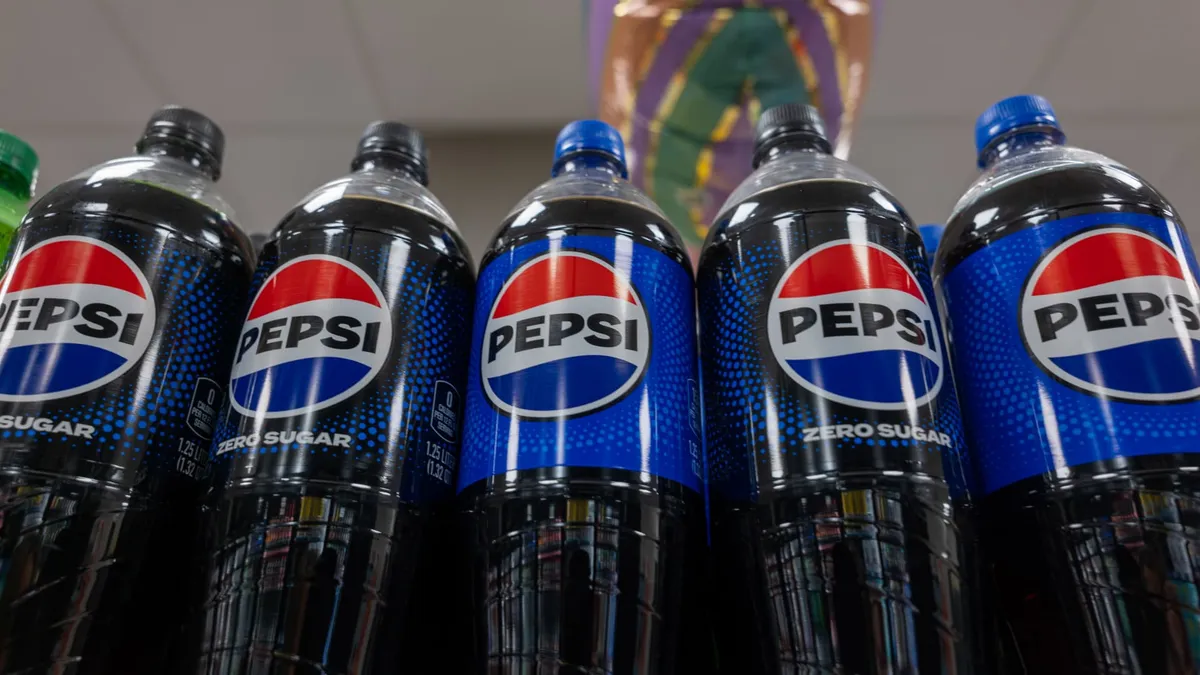
On Thursday, PepsiCo released its quarterly earnings report, revealing a mix of results that highlighted the company's struggles in North America contrasted with stronger international sales. The renowned food and beverage giant has adjusted its forecast for core constant currency earnings per share, citing several factors such as new tariffs, economic volatility, and a more cautious consumer landscape.
CEO Ramon Laguarta expressed concerns about the current market dynamics, stating, "As we look ahead, we expect more volatility and uncertainty, particularly related to global trade developments, which we expect will increase our supply chain costs." This statement underscores the challenges that PepsiCo anticipates facing, particularly in light of subdued consumer conditions across many markets, leading to an uncertain outlook.
Following the earnings announcement, shares of PepsiCo fell by 2% in premarket trading. The company's performance was evaluated against Wall Street expectations, based on a survey of analysts conducted by LSEG:
Earnings per share: $1.48 adjusted vs. $1.49 expected Revenue: $17.92 billion vs. $17.77 billion expectedIn the first quarter, PepsiCo reported a net income attributable to the company of $1.83 billion, or $1.33 per share. This marked a decline from the previous year’s net income of $2.04 billion, or $1.48 per share. When excluding restructuring charges, acquisition costs, and other items, the company earned $1.48 per share. However, net sales experienced a drop of 1.8%, totaling $17.92 billion.
Despite these challenges, organic revenue, which excludes acquisitions, divestitures, and foreign currency fluctuations, increased by 1.2% during the quarter. Nonetheless, PepsiCo's worldwide volume saw a significant decline of 3% for its convenient foods unit, while the beverage segment remained flat, indicating a need for strategic adjustments in these areas.
Laguarta highlighted that PepsiCo is implementing measures to enhance its performance in North America, where the volume for its domestic food business fell by 1%, and the North American beverage unit experienced a 3% decline in volume. Looking ahead, the company has revised its expectations for the full year, forecasting that core constant currency earnings per share will remain roughly unchanged from the prior year, a reduction from the previous prediction of mid-single-digit growth.
Moreover, PepsiCo reiterated its outlook for a low-single-digit increase in organic revenue, reflecting the ongoing challenges in adapting to market conditions and consumer behavior. As the company navigates these economic hurdles, its ability to implement effective strategies will be crucial for future growth and stability.